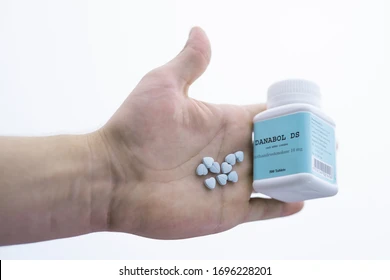
In the world of medicine, doses of pGH are given to children of permanently short stature to help them grow taller
Pituitary Growth Hormone can produce amazing results in the areas of muscle growth and fat loss. Results from taking PGH will take a much longer time to manifest in the body than other compounds discussed in this forum, but most people who have experimented with PGH find the results to be amazing. In the world of medicine, doses of pGH are given to children of permanently short stature to help them grow taller. Although pGH may seem like a wonder-drug, it is important to remember that abuse is still unsafe and side effects are possible, especially in the liver.
Pituitary Growth Hormone (pGH): An Overview
Pituitary Growth Hormone (pGH), produced by the anterior pituitary gland, plays a critical role in regulating growth, metabolism, and overall physical development. It is a naturally occurring peptide hormone essential for cellular regeneration, muscle growth, and fat metabolism. pGH functions by stimulating the liver to produce insulin-like growth factor 1 (IGF-1), a key mediator of its anabolic and metabolic effects.
pGH is widely recognized for its ability to promote muscle growth, improve recovery, and enhance physical performance. By accelerating protein synthesis and mobilizing fat stores, it helps maintain lean body mass while reducing fat. These properties make pGH a valuable tool in medical treatments for growth hormone deficiencies and certain wasting conditions.
In athletic and fitness contexts, synthetic growth hormone mimics the effects of pGH, though its use remains controversial due to potential side effects and regulatory restrictions. Common risks include joint pain, insulin resistance, and water retention.
While pGH offers significant benefits for growth and metabolism, its use should be carefully managed to avoid imbalances. As research advances, its therapeutic potential continues to expand, benefiting individuals in medical and controlled settings.







